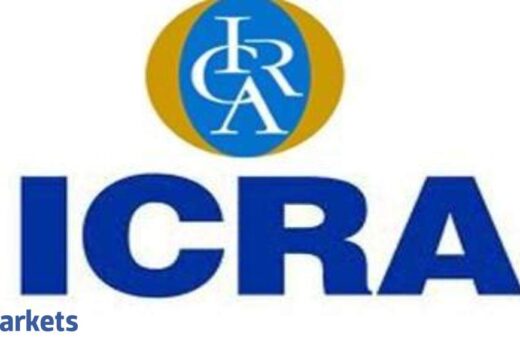Headquartered in Bengaluru, the company has increased the global footprint by acquiring the light duty cable (LDC) division of a Norway based company, Kongsberg. It will raise Suprajit’s annual cable production capacity to 400 million units from 300 million, taking it closer to the capacity of the world’s largest cable maker Hilex.

After the acquisition, the company will have three more manufacturing plants in Mexico, Hungary and China. Suprajit’s existing business has a stronger position in body and door cables, while the acquired business has a higher share of revenue from seat cables. This improves the scope for cross selling. Kongsberg caters to the leading automakers such Fiat, Land Rover, Honda and Husqvarna while Suprajit supplies parts to BMW, Volkswagen, Ford and GM. The client addition therefore will be complementary. The LDC division may add another $ 100 million (around Rs 740 crore) to the existing revenue of $ 170-190 million (approximately Rs 1,400 crore) from the cable business.
This will further improve Suprajit’s global revenue, which accounted for 58% of the total revenue in FY21 on proforma basis compared with 18% four years ago. It will also lower the company’s dependence on the two-wheeler cable business where market share and content scope is limited.
The rising penetration of EVs would not make cable use redundant. It will just change the purpose of the use. For instance, EV cars will have charging flab cables while the cable of the fuel lid will have lesser demand. Suprajit’s revenue contribution from EVs is expected to rise to nearly 22% in the next three years compared with 5% currently. The company will supply door cables and hood release cables to Volkswagen. In addition, the LDC division caters to global EV makers such as Tesla and BYD.
At Wednesday’s closing price of Rs 428, the stock was trading at 24 times one year forward earnings compared with the long-term average valuation of 20. The premium may sustain given a recovery in global production and consolidation of vendors as major manufacturers tend to rely on a select few suppliers with strong financials, product quality and global scale.



